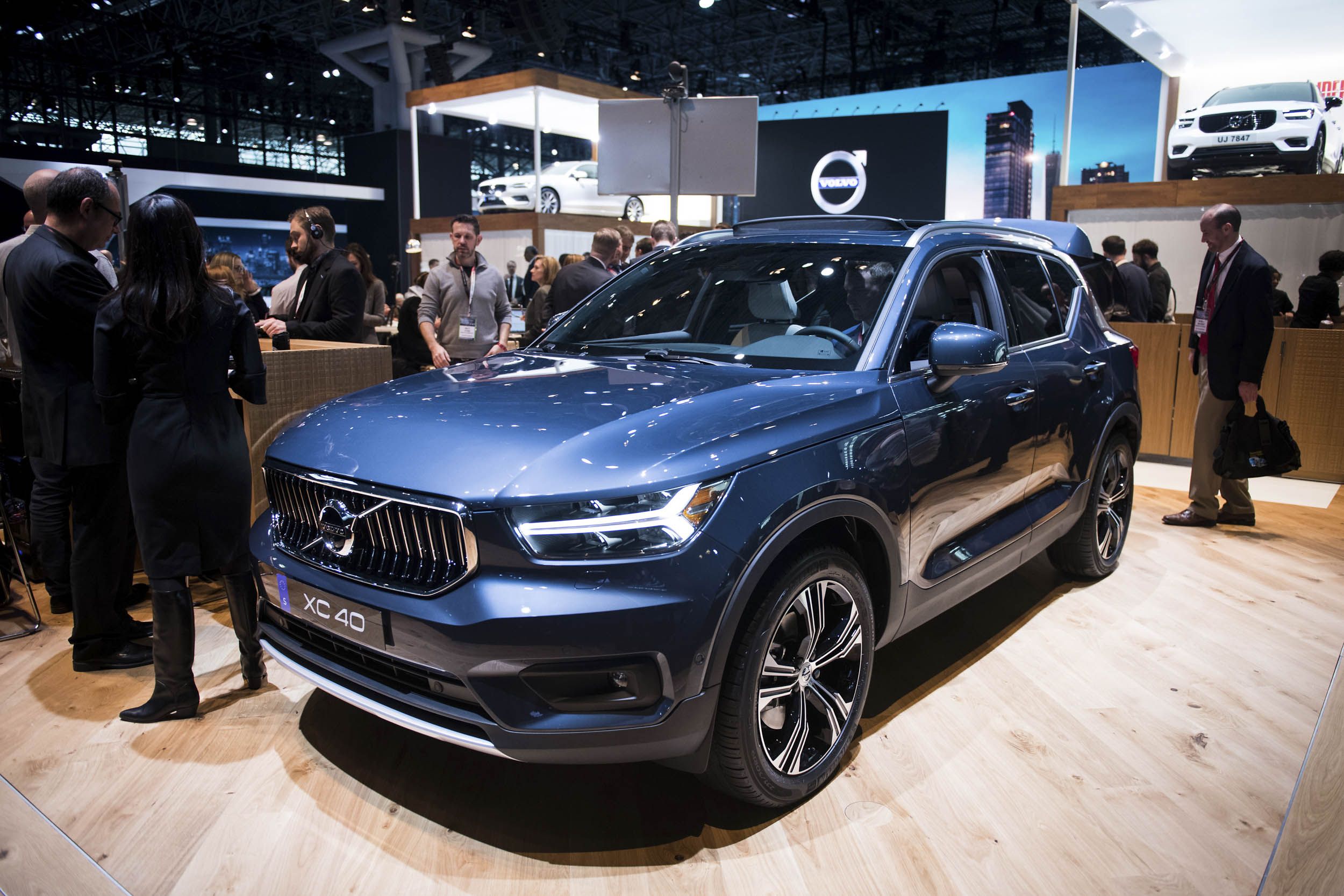CLOSE
About Elements
为了美好的未来,
传播支撑社会的科技
TANAKA是“贵金属”的专家,为世界提供创造“社会价值”的“制造”。
“Elements”是主要提供符合我们的业务及价值观的有关“科技”和“可持续发展”
等方面信息的网络媒体。
在急速发生范式转换的现代,我们将不断传播促进实现更加美好的“社会”和富饶“地球”的未来的启示。

Volvo Cars Goes for Blockchain Tech to Avoid Unethical Cobalt

(Bloomberg) — Volvo Cars will use blockchain technology to trace the origin of cobalt used in its batteries in an effort to avoid supplies produced by children and under unethical conditions.
The commodity, an important ingredient in lithium-ion batteries, is mainly extracted in Congo, which last year produced more than two-thirds of the world’s cobalt.
While the mineral is mainly taken out of the ground by large industrial mines, about 17% is dug by hand by thousands of miners operating in the southeastern Katanga region before being sold on to intermediaries, according to trading house Darton Commodities. At that point, it’s difficult to distinguish from ethically mined cobalt.
“We have always been committed to an ethical supply chain for our raw materials,” said Martina Buchhauser, head of procurement at Volvo. “With blockchain technology we can take the next step towards ensuring full traceability of our supply chain and minimizing any related risks, in close collaboration with our suppliers.”
The Swedish carmaker, owned by China’s Zhejiang Geely Holding Group, last month launched its first fully electric car, the XC40 Recharge. It has promised to roll out a new battery-electric model every year until 2025, joining other carmakers that are pushing the technology to meet customer demand and keep up with tightening emission regulations. Volvo buys batteries from China’s CATL and LG Chem of South Korea, and has signed a deal with the suppliers to start tracing cobalt this year.
The blockchain technology stores transaction data that can’t be changed, and it is increasingly used to provide provenance for commodities, including tungsten and diamonds, whose extraction has been linked to human-rights violations and dangerous working conditions.
The initiative is the latest by an auto industry that is being forced to grapple with new ethical challenges amid a massive shift away from fossil fuels. BMW AG said earlier this year it will buy cobalt directly from mines in Australia and Morocco to ensure the metal for its next generation of electric vehicles is sourced responsibly.
The agreements between Volvo, CATL and LG Chem cover the supply of batteries over the coming decade for Volvo models as well as electric cars made by its 50%-owned Polestar brand, the company said. Circulor and Oracle Corp. will operate the blockchain technology across CATL’s supply chain, and Volvo has joined a Ford Motor Co.-backed initiative with RCS Global and International Business Machines Corp. to monitor LG Chem’s cobalt supply.
To contact the reporter on this story: Niclas Rolander in Stockholm at nrolander@bloomberg.net
To contact the editors responsible for this story: Anthony Palazzo at apalazzo@bloomberg.net, Andrew Blackman, Andrew Noël
©2019 Bloomberg L.P.
This article was written by Niclas Rolander from Bloomberg and was legally licensed through the NewsCred publisher network. Please direct all licensing questions to legal@newscred.com.
![]()









